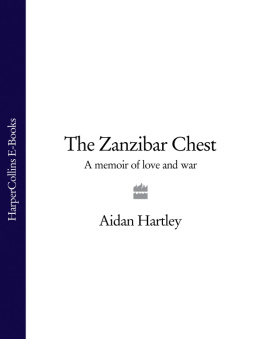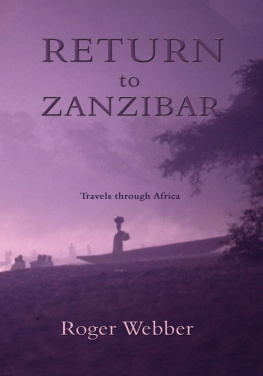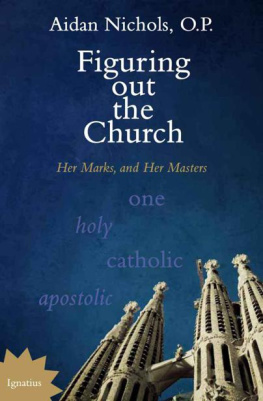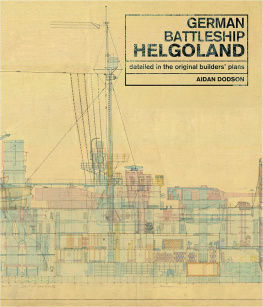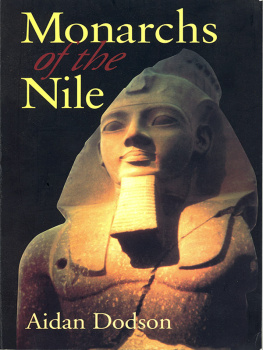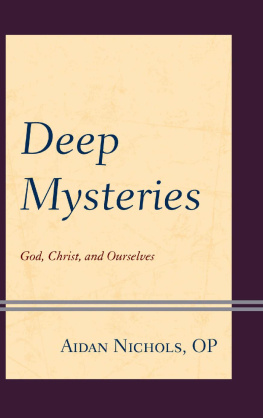T HE Z ANZIBAR
C HEST
T HE Z ANZIBAR
C HEST
A Story of Life, Love, and Death
in Foreign Lands
A IDAN H ARTLEY

Grove Press
New York
Copyright 2003 by Aidan Hartley
Cover design by Magan Wilson
Cover artwork Lazarus (woman guerrilla with baby) by Aidan Hartley Reuters Ltd.; press conference, courtesy of Catherine Bond; man, courtesy of Aidan Hartley; four men, courtesy of Kathy Eldon All other cover art and photography are from the collection of the author.
All rights reserved. No part of this book may be reproduced in any form or by any electronic or mechanical means, including information storage and retrieval systems, without permission in writing from the publisher, except by a reviewer, who may quote brief passages in a review. Scanning, uploading, and electronic distribution of this book or the facilitation of such without the permission of the publisher is prohibited. Please purchase only authorized electronic editions, and do not participate in or encourage electronic piracy of copyrighted materials. Your support of the authors rights is appreciated. Any member of educational institutions wishing to photocopy part or all of the work for classroom use, or anthology, should send inquiries to Grove Atlantic, 154 West 14th Street, New York, NY 10011 or .
Photo Credits: All chapter frontispiece photos courtesy of the Hartley family collection except: Feeding the Beast frontispiece photo by Jim Hollander; The Sound of Freedom in the Air frontispiece photo by Sam Ouma, courtesy Reuters; Lazarus frontispiece photo by Aidan Hartley, courtesy Reuters;Herograms frontispiece photo by Judy Walgren.
Lyrics from I Whistle A Happy Tune by Richard Rodgers and Oscar Hammerstein II, copyright 1951 by Richard Rodgers and Oscar Hammerstein II, copyright renewed. WILLIAMSON MUSIC owner of publication and allied rights throughout the World. International Copyright Secured. All Rights Reserved. Used by Permission.
Published simultaneously in Canada
Printed in the United States of America
First hardcover edition published by Atlantic Monthly Press in 2003.
First trade paperback edition published by Riverhead,an imprint of Penguin Random House, in 2004.
ISBN 978-0-8021-2585-9
eISBN 978-0-8021-8978-3
Grove Press
an imprint of Grove Atlantic
154 West 14th Street
New York, NY 10011
Distributed by Publishers Group West
groveatlantic.com
To my wife and my mother
C ONTENTS
From time to time, God causes men to be bornand thou art one of themwho have a lust to go abroad at the risk of their lives and discover newstoday it may be of far-off things, tomorrow of some hidden mountain, and the next day of some nearby men who have done a foolishness against the state. These souls are very few; and of these few, not more than ten are of the best.
Kim, Rudyard Kipling
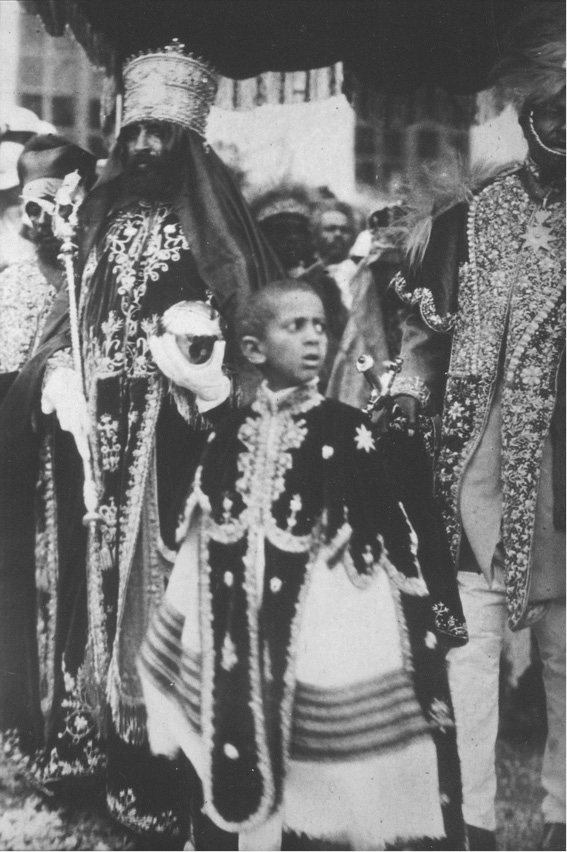
That Africa is now but a memory...
B EYOND THE R IVERS OF
E THIOPIA
My father was the closest thing I knew to the immortal. Our Father, who art in Africa, I prayed as a child of six. Hed always been there. When he died I couldnt believe it. I had moments when I felt haunted by him in ways that were almost physical. They were a comfort to me. At home on the Indian Ocean coast, I swam off the beach and felt he was in the water all around me. On the upcountry plains, I imagined his bones were billowing up in the dust behind the nomads herds of cattle. I clung on but I felt him slipping away. In my stricken state I longed to pluck something back from oblivion.
The day came for us to go through Dads belongings. His private territory at home was a coconut-thatched veranda overlooking the beach. He kept his writing desk there and a single bed made of mountain cedar, lashed with thongs of rawhide from an oryx shot many years before. Some of his clothes were still hanging up in there, which described a life of sadhulike simplicity: a few khaki bush shirts and shorts, the kikoi wraps we wear in Kenya like sarongs, as well as several pairs of camel-skin sandals.
In the corner of the veranda was a Zanzibar chest, carved with a skill modern Swahili carpenters have forgotten. The old camphor box bore a design of lotus, paisley, and pineapple and it was studded with rivets tarnished green in the salty air. When I opened the chest lid, cobwebs tore and something scuttled into a corner. In the chest was the skin of a lion Dad had tracked down after it had killed one of his best bulls, a hunting horn, a flute of apricot wood, and a stack of files. These last contained reports on missions to southern Sudan, livestock projects for the tribes of Karamoja, botanical studies, and copious notes about camels. Always restless himself as a younger man, Dad had spent his last years devising schemes to help Africas nomads remain on the move, beyond the reach of those who wanted to settle them.
Inside one file were my fathers handwritten memoirs on which he had been working for years. I opened a second file and reached down to grasp the pages. The instant I touched them they began to crumble in my hands. Time, heat, and the drenching humidity had ravaged them. Mildew dusted the covers, giving off that scent of the forgotten. The translucent geckos that roam our walls had laid their soft, ivory eggs along the spines of the notebooks. White ants and silverfish had eaten into the papers, leaving a web of brown capillaries. Their tracks threaded through written words and underlined paragraphs and burrowed into months and years of recollection. I began to read the papers. I quickly realized I had stumbled on a secret that had been buried for half a century. Here were the diaries of the man named Peter Davey, my fathers good friend. Ever since I was a boy, the story of Davey crept in and out of conversation at home in vague, half-finished sentences. The tale had always been there, yet my father never properly talked about it. Davey was a silence, a shadow that moved constantly out of the corner of ones eye. And now, as if it had been deliberately dropped into my lap, here was the full and tragic rendition of Daveys life.
What I found in the Zanzibar chest was a story of lives so utterly different from my own, so exotic, set in another part of the world and in another time. I had never believed in any great cause; I was sent to fight no wars. What I admired most about my father, Davey, and those like them is that they were men of action, whereas I was ever the observer, not the participant, which is the main reason why Im able to be here to tell this story.
On my flight back to Rwanda I recognised the man who had guided me during the genocide. To be certain of it I looked at his right hand and sure enough, he had no thumb. It had been shot off in the days when he used to wear a red beret and ragged fatigues. Now he appeared in a sharp gray suit carrying a briefcase. As he walked down the aisle past me, our eyes met and his face brightened.
Frank.
We sat together. Frank, I was reminded from years ago, could talk nonstop. He was one of those men who has suffered immensely, but enjoys the fact that he has lived to tell you all about it. As we flew back to Rwanda, he spoke of battles, massacres and dreams. He recalled the time we marched together on a journey that would haunt us forever. Listening to him speak, I was transported back to those terrible days and felt dizzy to see that here we were, suspended in ether above Africa and toasting each other with little bottles of whiskey served up by air stewardesses.


